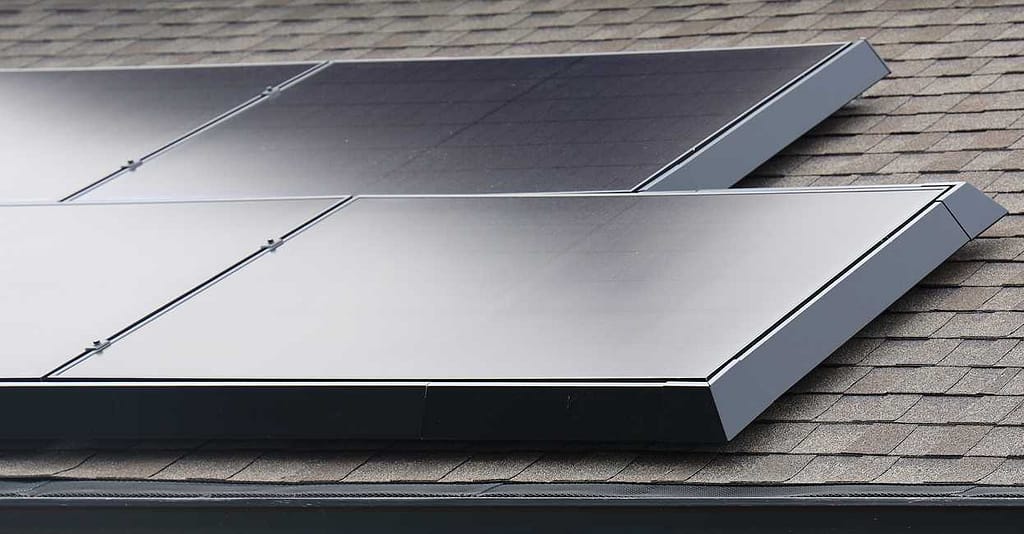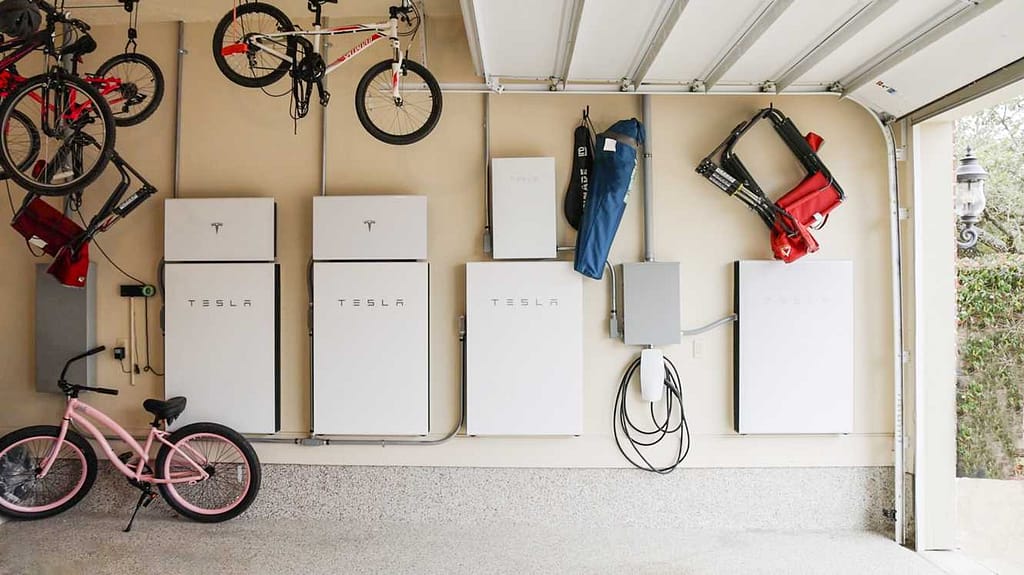Read below about Solar FAQ’s and Reviews!
How do I read the electric bill? The electric bills are so confusing!
Electric retails companies all have different rate structures and policies for how they do business with customers and sell electricity. When signing up for an electric plan with a retail electric company, the company will provide an EFL (electricity facts label). The EFL will break down the cost of electricity from the provider. Costs are broken down into base energy costs, monthly base fees, demand & service charges, along with associated taxes. In electric bills, these costs can be jumbled together, and can be difficult to differentiate. In the EFL, you can find out exactly what is your base kWh (kilowatt-hour), and see the buy vs sell rate ratio offered when signing up with a solar buyback net-metering plan.
What’s the difference between kW and kWh, and the difference between Power & Energy?
One of the most important aspects of owning a solar system is knowing how to gauge the performance of the system. In order to measure the production and efficiency of the system, one would need to understand the Power and Energy stats. Power, in technical electrical terms, is the instantaneous wattage output of energy present at any given time.
For example, when looking at the Enphase or Tesla apps, one would see that the system is actively producing 5kW. So at that current point in time, the system is collectively outputting 5,000 watts of energy. Should a cloud go over the solar panels, then it may instantaneously decrease to 2kW or 2,000 watts of energy output. The collective energy output over time is measured in kWh (kilowatt-hours). If a system outputs 5kW (5000 watts) over the course of an hour, then the system produced 5,000 watt-hours or 5 kilowatt-hours of energy.
How do I know the solar company did a good job?
Typically when signing up to go solar, the representative will set expectations for the solar system production for the year. The system will be sold with two main numbers that need to be understood. One is the system size which will be indicated in kW (kilowatts). This is the collective potential instantaneous capacity output of all the solar panels combined in the system. Second is the annual kWh (kilowatt-hours) estimated for the size of that system. In order to tell if the solar company correctly designed, engineered, and sold the system, one would need to measure the annual energy output.
Realistically, a well-designed system will output 80-90% of the total max potential capacity of the system in the summertime. A system sized at 13kW that is producing 10kW of instantaneous power output in the summertime is to be expected for typical performance. In the wintertime, power output could drop 50-60% of the total max capacity, however, a good solar company will account for this loss in production. The true measure of whether the solar company did a good job, is the system’s overall annual energy production and whether it meets that sold expectation.
How do I compare and analyze solar quotes?
People who are deciding to go solar will obtain multiple quotes from different solar companies. Every solar company is different and not all offer the same products and services. A random solar company might sell a system at a much higher cost than another company simply because the customer doesn’t know the prices of solar products and services. Customers need to be aware of the total system size, projected annual energy produced, and the solar company’s services and warranties.
Every customer is different, some prefer quality over quantity, while others prefer the opposite. At Good Faith Energy, customers receive quality solar services and products that are backed by industry-leading warranties and practices. Another company might sell a system that is cheaper, but they might not receive post-installation services, or have quality equipment that will provide optimal performance long-term. These aspects of the purchase should be considered in analyzing the costs of a turnkey-installed solar system.
Do I have to purchase batteries when going solar?

No, you can have solar panels installed without batteries. Although is it highly recommended that batteries be paired with solar panel installation. Batteries store excess solar energy that can be used in either an emergency grid outage, or to help offset daily grid energy consumption.
Without batteries paired to solar panels, the solar panels cannot operation “off-grid”, as the excess solar energy being generated cannot be backfeed into the grid during an outage. This is a safety function for solar-only systems. It protects utility linemen as they work on transmission lines during an outage.
What’s Solar Buyback Net-Metering?
Once you go solar, you can sign up for a solar buyback net-metering plan. Solar buyback plans gives solar owners the ability to earn electric bill credits for excess solar energy generated. Then, it sends it to the greater grid. This greatly helps with lowering overall electric bills. Additionally, it ensures better ROI times for those who have solar panels installed on their home. Read more about Texas’ solar buyback net-metering programs here: How Solar Net Metering Buyback Works in Texas & Net Metering in Texas: Understanding the Basics
How do I get my electric bill to $0?
Homeowners who go solar can get their electric bill to $0 by maximizing their homes’ energy efficiency with the tools provided by the solar-battery technology installed. Solar-battery systems allows homeowners to become more energy independent by strategically using their systems. Complete solar-battery systems installed with a SPAN smart panel, gives users more control over their energy usage so that they can optimize their savings.
Combining an applicable solar net-metering plan with strategic usage of the system can give the electric utility bill down to $0!
What plan do I go with after going solar?
The answer depends on multiple factors. In Texas, utility retail electric provider options can vary depending on the area. Some people may only have one option, whereas other might have multiple options. To decide on which of those options will depend on the customers system type & energy profile. We recommend consulting with our Solar Professionals for assistance with choosing a beneficial electric utility plan.
Watch our YouTube video about the Tesla Electric Buy Back Plan!
Solar Warranties
Every solar panel manufacturer has their own warranty policy. The industry standard warranty is for 25 years. The warranties generally cover solar energy production efficiency of the solar modules. Solar panels are rated for certain efficiencies by the manufacturer and tested by the Underwriters Laboratory. Every panel has a degradation percentage which means it that loses efficiency in converting sunlight into electricity over time. Solar panel manufacturers account for this loss and warranty their products accordingly.
What is the life expectancy of the solar system and batteries?

Battery systems such as the Tesla Powerwall and FranklinWH, can last 10 years+ depending on their usage. The life expectancy and performance of batteries will depend on how many energy cycles in goes through. A energy cycle for a battery is when the battery goes from 100% down to <20%, and then back up to 100%. Therefore the less the battery is cycled, the longer the life expectancy.
Fact checked by Jacob Petrosky – 4/26/2024